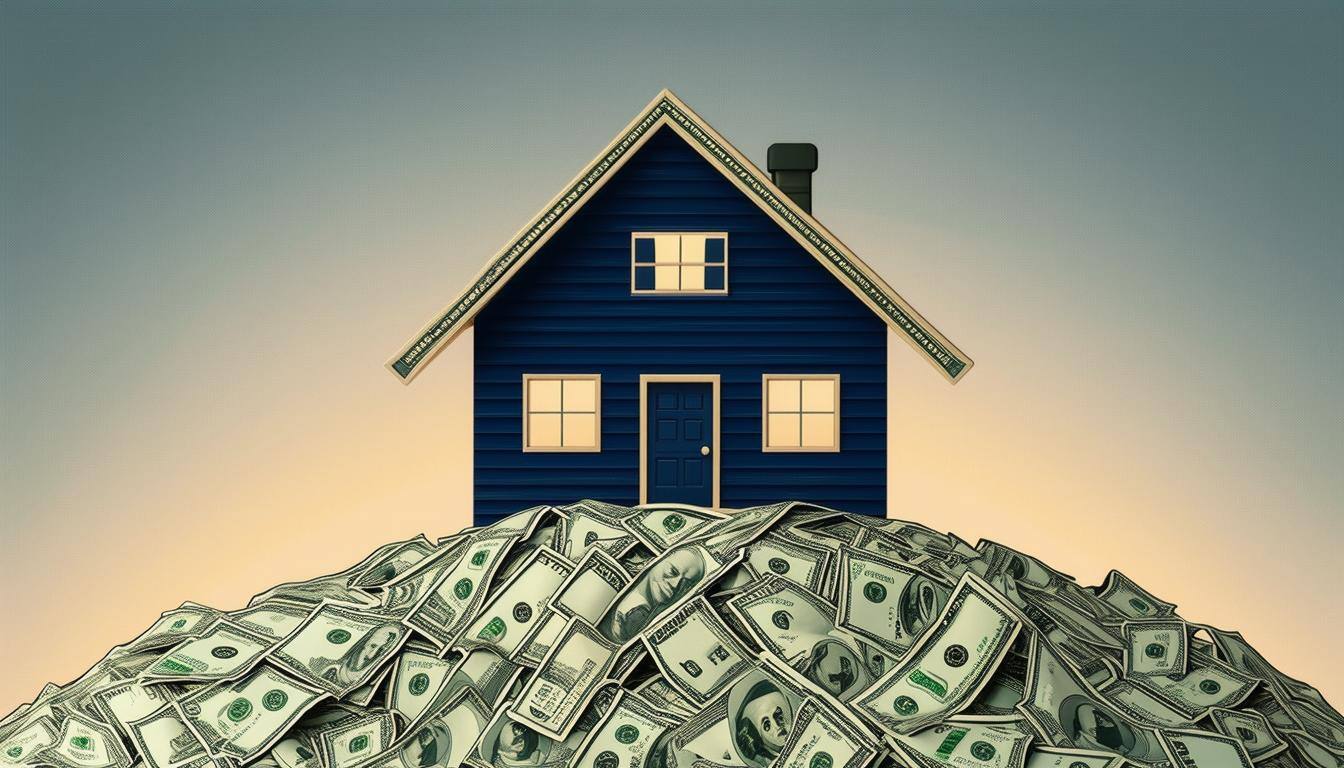As we step into 2025, the real estate landscape is evolving at an unprecedented pace. Driven by technological advancements, changing buyer preferences, and economic fluctuations, the industry is set for a transformative year. In this blog post, we will explore key trends, potential challenges, and exciting opportunities in real estate for 2025.
Key Trends Shaping Real Estate in 2025
1. Smart Homes and Sustainable Living
The demand for smart homes continues to rise as buyers seek properties equipped with energy-efficient appliances, smart security systems, and AI-powered home assistants. Sustainability is also a top priority, with eco-friendly building materials, solar panels, and green certifications becoming the norm.
2. PropTech Revolution
The integration of property technology (PropTech) is redefining how real estate transactions are conducted. Virtual reality (VR) tours, blockchain-based property records, and AI-driven property valuations are making the buying and selling process more efficient and transparent.
3. Shift Towards Suburban and Secondary Cities
With remote work firmly established, more buyers are looking for homes in suburban areas and secondary cities. These locations offer affordability, larger living spaces, and improved quality of life, making them attractive alternatives to urban centers.
4. Co-Living and Flexible Housing Models
The rental market is witnessing a shift towards co-living spaces and flexible lease agreements. Millennials and Gen Z professionals prefer shared housing arrangements that offer affordability, community engagement, and convenience.
5. Rising Interest Rates and Affordability Concerns
Higher interest rates and inflation concerns continue to impact housing affordability. Buyers and investors are adjusting their strategies to navigate these financial challenges while still taking advantage of long-term real estate appreciation.
Challenges in the Real Estate Market
While 2025 presents numerous opportunities, several challenges must be addressed:
- Housing Supply Shortages: The demand for housing remains high, but supply chain disruptions and labor shortages may impact new construction projects.
- Regulatory Changes: Governments worldwide are implementing new housing policies and taxation regulations that may influence market dynamics.
- Market Volatility: Economic fluctuations, including potential recessions and interest rate hikes, could affect both buyers and investors.
Opportunities for Investors and Homebuyers
Despite the challenges, there are plenty of opportunities in the 2025 real estate market:
- Investment in Sustainable Properties: Green-certified properties are gaining traction, offering long-term value and lower maintenance costs.
- Short-Term Rentals and Vacation Homes: With the rise of remote work and digital nomad lifestyles, investing in vacation rentals remains lucrative.
- Commercial Real Estate Adaptation: The shift in work culture has led to repurposing office spaces into mixed-use developments, co-working hubs, and residential properties.
Final Thoughts
The real estate market in 2025 is dynamic, with evolving trends reshaping how properties are bought, sold, and managed. Whether you’re an investor, buyer, or real estate professional, staying informed about these changes will help you make strategic decisions in this ever-evolving industry.
Are you looking to buy, sell, or invest in 2025? Stay ahead of the curve and embrace the future of real estate!

